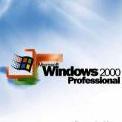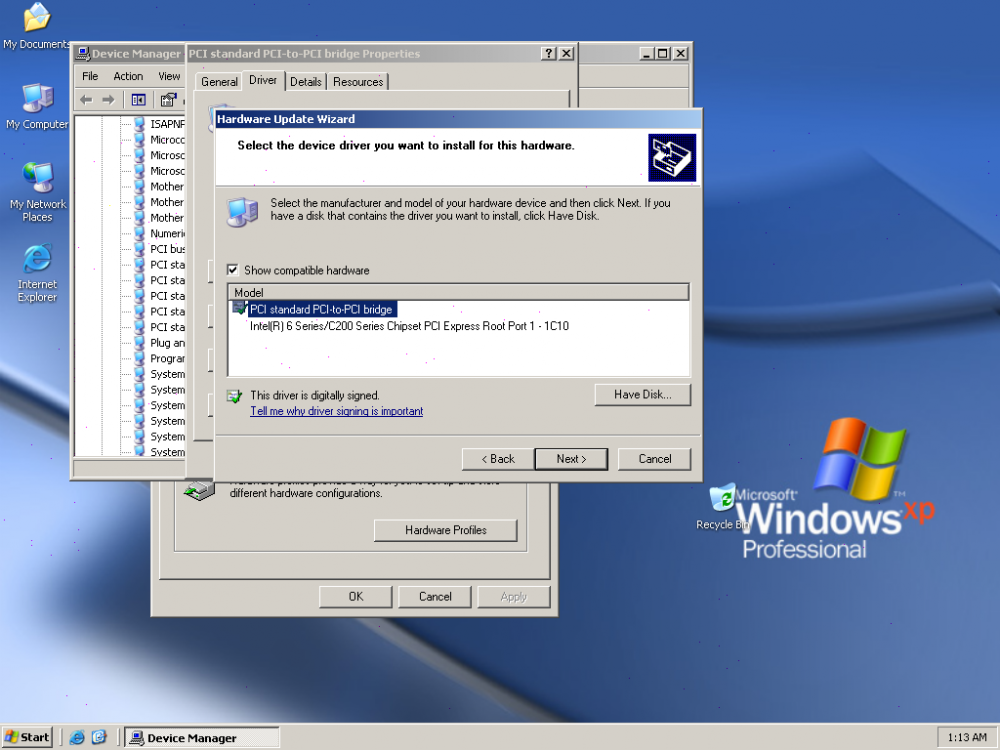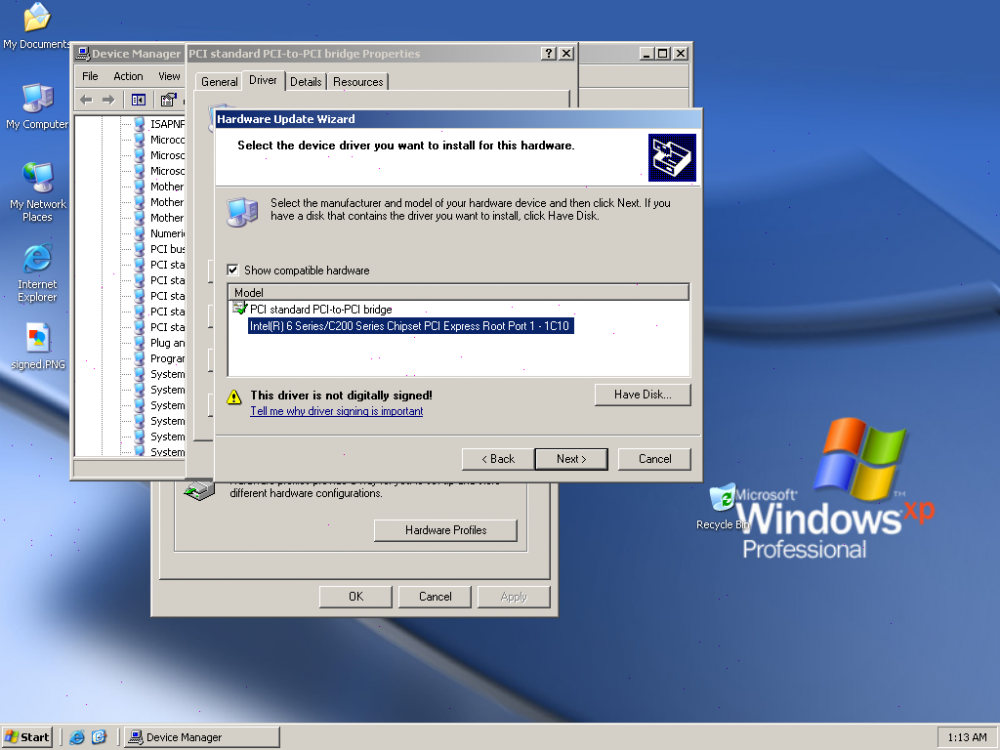Hello and welcome to the forum!
Always nice to see some interest in 95, although I'm not able to give the level of attention that I used to give to my projects, and it's been a long time since I actually installed an unmodified version of Windows 95 to any system. Long ago I built a slipstreamed version that bypasses the need for FIX95CPU, XUSBSUPP, etc. to be installed manually and saves so many headaches such as these you are facing. So, fair warning, my memory may be a bit rusty!
A few initial thoughts - I can see problems arising from trying to accomplish all the tasks in one pass so to speak...
First - I would not attempt to fix the SATA issue until after the other issues are sorted. As SweetLow suggests, try using any available Legacy modes for the board storage controllers, or even leave them in compatibility mode until the rest is fixed. If I remember correctly, the SATA patch should work with the last 95 version of ESDI_506.PDR, but if not, it is possible to simply use the 98 version of this file.** (**may require "downversioning" hex-edit!)
Second - XUSBSUPP, or the official MS USB updates, will replace VMM.VXD. This will break any previous installation of PATCHMEM and require repatching. Another reason to sort issues one by one.
Third - The 98 INF files could definitely cause some weird issues as there are differences between them and the ones for 95. I may be able to provide a matching set specifically made for 95, but I can't promise a timeframe on this. It may be a simple copy, zip, and publish, but I'll have to go back and compare old notes and see whether the ones in my slipstreamed copy are affected by any other changes I've made. I just never expected interest for 95 on these honestly; pleasantly surprised!
Fourth - MS set a hard limitation in ESDI_506.PDR that you cannot use an optical drive as the Primary IDE Master. Are you using a SATA HDD and a PATA ODD by chance? I encountered this problem before. rloew was able to patch out this issue, but I'm not certain that this patch exists "by itself" anywhere; it may only exist as one of many changes inside one of his larger packages, such as TBPLUS, which of course was only specifically made for 98. It's possible to use the 98 driver as I mentioned, but this would require a lot of time digging through our old emails for me to find a definitive answer.
The meaning of "Projects" seems to vary among members; some of them see it as a place to discuss their "projects" as in patches, fixes, updates, guides, etc. While others see it as a place to discuss "project machines" they are working on. It's not really an issue either way as far as I'm concerned.. not like we get a lot of new members or posters these days, haha.










.thumb.jpg.e861836bb05fe824ad8ec1930061ee43.jpg)


.thumb.jpg.91d36bb68fca6784f84a1755a100139d.jpg)


